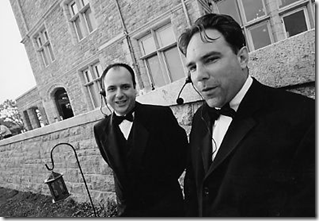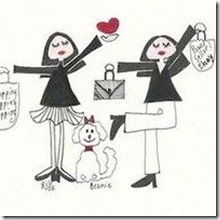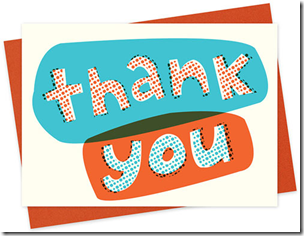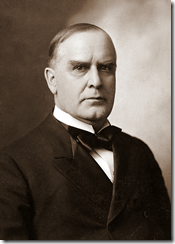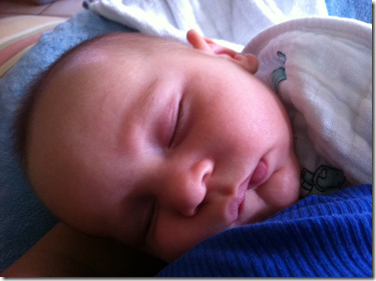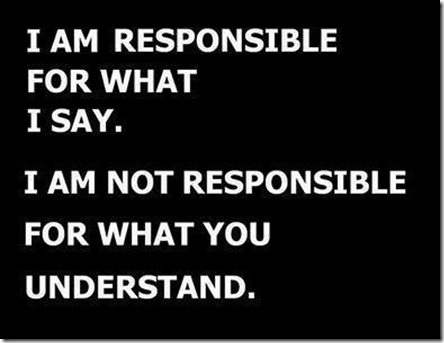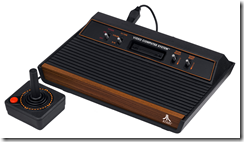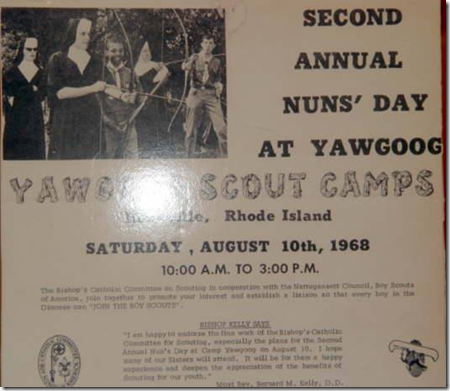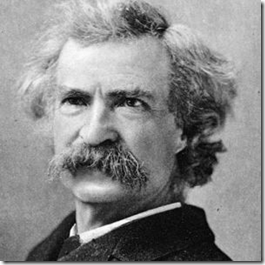Presentation consultant for hire
/Over the past four years, I have written quite a bit about my hatred of meetings. Regardless of the context, the majority of the meetings that I have been required to attend over the course of my lifetime have been ineffectively designed and poorly run.
I’ve admonished presenters to not be ordinary.
I’ve begged the people who plan and conduct meetings to adopt the Khan Academy’s meeting policy.
I have advised meeting attendees on strategies to express your disapproval of a presenter without risking blatant insubordination or disrespect.
I have offered the all-important but never adhered to The Spiderman Principle of Meetings and Presentations.
In addition to the writing that I have done, I have also become an expert on communication.
I’m a professional storyteller with a long list of accomplishments.
I’m a professional speaker who is paid to deliver keynotes, commencement speeches, and inspirational addresses. I conduct workshops on a variety of subjects ranging from teaching to writing to storytelling and more. I’ve delivered TED Talks. I’ve emceed events like the Mayor’s Charity Ball, fundraising galas, and story slams for colleges and literary festivals.
I’m a teacher who must maintain the attention and engagement of two dozen 10 year old children every day while delivering content critical to their future success.
I’m a wedding DJ who has been emceeing receptions for more than 19 years.
I’m a minister who has officiated wedding ceremonies, baby naming ceremonies and more.
I offer these credentials as a means of demonstrating my expertise when it comes to the effective design and delivery of content, because I am proposing a new line of work for myself:
The presentation consultant.
Yes, another job. But one for which I would excel mightily.
And while it may seem crazy to simply declare yourself to be something you were not yesterday (and in the process invent a newish line of work), this is not without precedent. Three years ago, I declared myself a professional best man, and since then, five grooms have attempted to hire me, with only geographic distance standing in our way from doing business together. I’ve also had two reality show producers reach out to me about possibly doing a television show in which I would be a professional best man, so these things can happen.
I’ve put myself out there many times before and found surprising success. Sometimes it’s simply a matter of being bold enough to take the first step.
So today I declare myself a presentation consultant. It’s a new job of sorts. There are many meeting consultants out there, but these are people who handle the logistics of meetings and conferences. They arrange for locations and transportation, hire vendors, and may hire speakers and even assist in the planning of content, but in the most traditional sense, they do not assist in the training of these presenters.
They hire professionals.
In contrast, my services would look something like this:
You are a leader of some sort who is responsible for conducting meetings and training sessions in your organization. Let's start with the assumption that you have a lot of room to grow, because you probably do. I know this will be hard to hear, because if you are a leader of some sort, your ego is probably large (especially if you are a man).
That’s okay. Large egos are assets and exceptionally helpful in leadership as long as they are not also fragile.
There is nothing more dangerous and detrimental in business than the large, fragile ego. It’s like working for an overfilled balloon. At any moment, it may pop.
But I digress.
Regardless of the skill that you think you possess, your subordinates are probably not fans of your meetings and training sessions. You’re probably not planning and executing them well, or at least as well as you could.
Trust me.
So I arrive at your place of business with an expertise in communication and years of experience delivering engaging content to a wide variety of audiences.
I start by observing you over the course of one to three meetings or training sessions. I conduct pre and post meeting interviews with you in order to better understand your planning and reflection process. I interview the attendees of your presentations in order to determine how they honestly feel about your presentation skills. After I have gathered data on your strengths and weaknesses as a presenter, we go to work.
I critique. I teach. I model. I assist in planning. We establish guidelines specific to your organization and the kinds of meetings that you conduct. I assist in the development of realistic, targeted reflection. I continue to observe you as you conduct additional meetings and training sessions. I continue to critique. I reteach. I tweak.
In the end, you are a better presenter. Your meetings are more productive and appreciated by your subordinates.
That’s my pitch. That’s my guarantee.
Hire me now and you’ll get me on the cheap.
Wait too long and you’ll pay more.
Either way, I’m worth it.
And on a side not, yes, I apparently have a large ego as well. But it’s not fragile in the least. It is battered and bruised on a daily basis. I feel good about myself and my abilities, but I accept criticism openly and without vindictiveness.
Remember: I’m the guy who publishes an annual list of flaws and shortcomings and invite friends, family and strangers to contribute to it.
If that’s not a sign of a lack of fragility, I don’t know what is.




